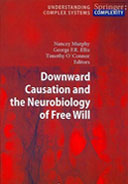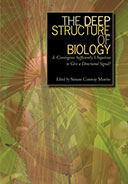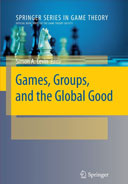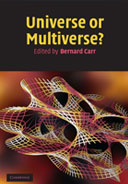Templeton.org is in English. Only a few pages are translated into other languages.
OK
Usted está viendo Templeton.org en español. Tenga en cuenta que solamente hemos traducido algunas páginas a su idioma. El resto permanecen en inglés.
OK
Você está vendo Templeton.org em Português. Apenas algumas páginas do site são traduzidas para o seu idioma. As páginas restantes são apenas em Inglês.
OK
أنت تشاهد Templeton.org باللغة العربية. تتم ترجمة بعض صفحات الموقع فقط إلى لغتك. الصفحات المتبقية هي باللغة الإنجليزية فقط.
OK




